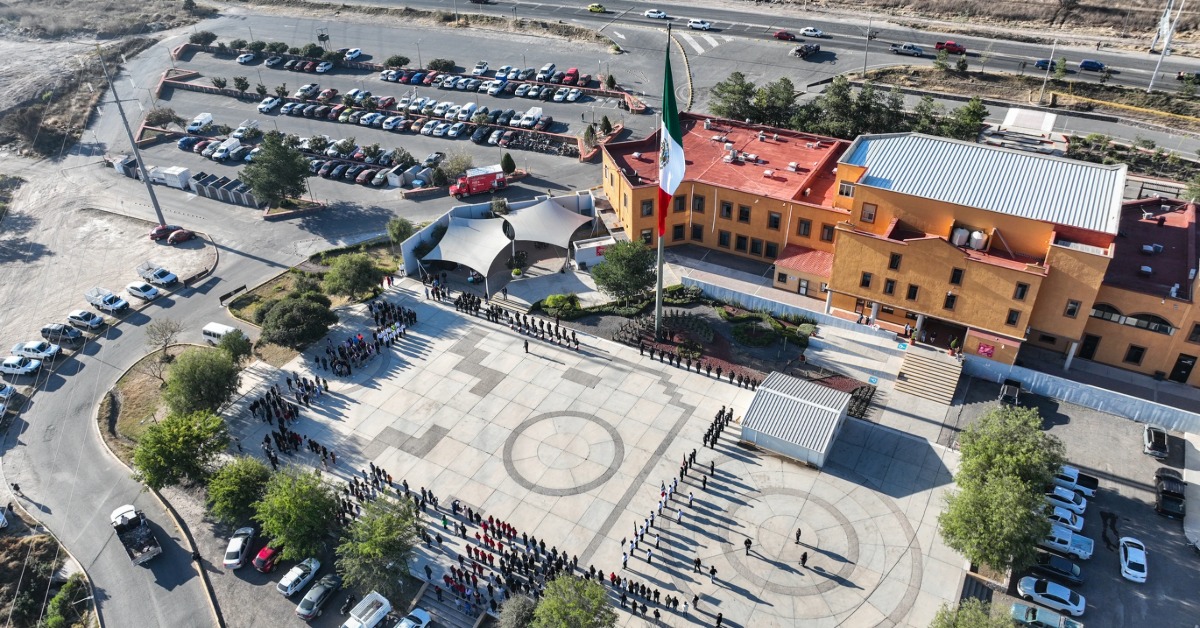Abigail Agredano fears her 96-year-old mother would not survive being uprooted from their hometown in the highlands of western Mexico, where its 400 mostly elderly residents are battling a government plan to dam the nearby Río Verde.
"If they manage to force us out, I think she and many others would die immediately," Agredano, head of the Committee to Save Temacapulín, told the Thomson Reuters Foundation.
Damming the Río Verde would supply water for major urban areas in the state of Jalisco and neighboring Guanajuato but leave Temacapulín and the smaller villages of Palmajero . . .






